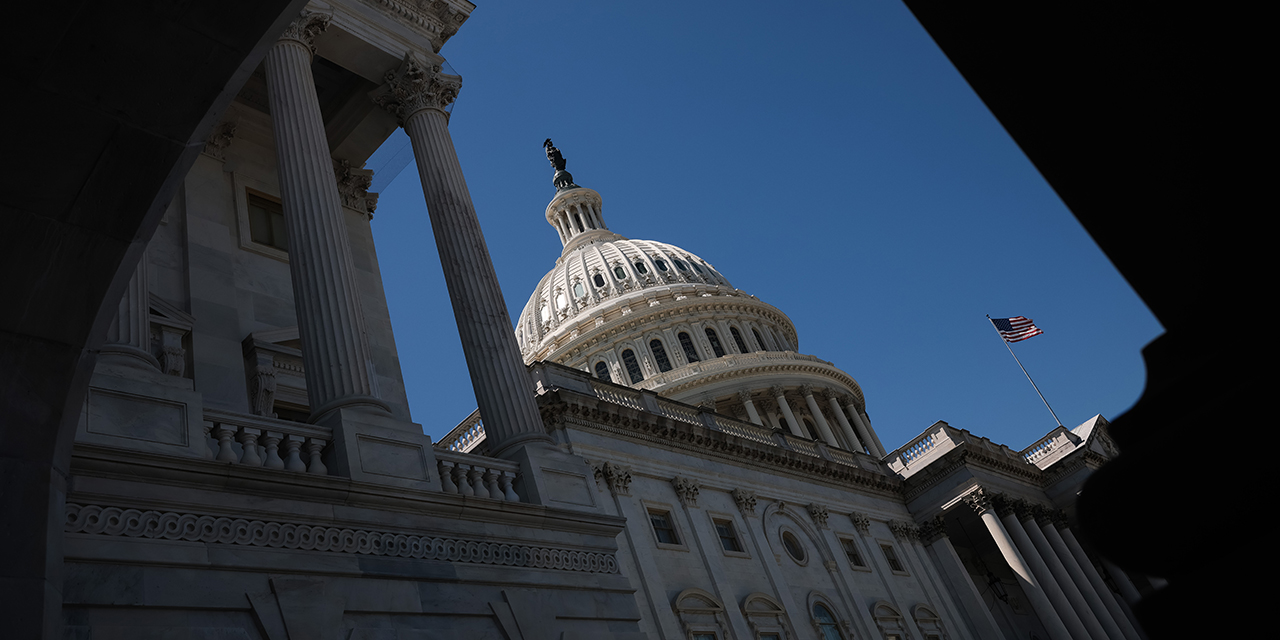
America’s mental-health system is broken. For decades, policymakers have focused on people with mild or moderate conditions and ignored those with severe illnesses like schizophrenia and bipolar disorder. Congress should signal a new direction by redesignating May from “Mental Health Awareness Month” to “Serious Mental Illness Month.”
Congress cannot be accused of ignoring “mental health.” The number of mental-health bills introduced has grown more than 400 percent since 2000, compared with just a 46 percent increase in total bills. This congressional attention has done little to help the seriously mentally ill, however, as the proportion of people with severe illnesses going untreated rose slightly between 2013 and 2022, from 32 percent to 33 percent.
Finally, a reason to check your email.
Sign up for our free newsletter today.
So many people with serious mental illness go untreated partly because Congress has denied the mental health-care system what the rest of the health system enjoys: a robust network of hospitals. Two policies in particular—Medicaid’s Institutions for Mental Disease (IMD) exclusion and Medicare’s 190-day lifetime limit on inpatient psychiatric care—have crippled America’s mental-health system.
The IMD exclusion, which bars Medicaid recipients from receiving treatment at freestanding psychiatric hospitals, has remained in force since Congress passed the enabling statute in 1965, during Lyndon B. Johnson’s administration. The policy has contributed to a reduction of hundreds of thousands of mental-hospital beds and diminished a critical component of the care continuum for Americans with severe psychiatric disorders.
Medicare’s 190-day lifetime cap on inpatient psychiatric care has contributed to the closure of mental hospitals as well. The rule arbitrarily restricts the most seriously mentally ill recipients’ ability to access intensive treatment. The limit, also established during the Johnson years, remains in place today.
Congress limits no other health-care treatments the way Medicaid’s IMD exclusion and Medicare’s lifetime cap impede patients’ access to psychiatric care. These policies have tragic consequences, as Medicaid and Medicare cover many of the most seriously mentally ill. Indeed, approximately half of all adults eligible for both Medicare and Medicaid have behavioral health conditions.
With so few inpatient options, the psychiatric system has been hamstrung for nearly 60 years. Homelessness, violence, incarceration, and other pathologies that stem from untreated serious mental illness cannot be reduced without ensuring access to inpatient psychiatric care. The Trump administration and Congress should work together to repeal these outdated policies and restore a vital component of the full mental health-care continuum. It’s past time that we reorient our focus from “mental health” to mental illness. Renaming May accordingly is a small first step in that direction.
Photo by Kayla Bartkowski/Getty Images
City Journal is a publication of the Manhattan Institute for Policy Research (MI), a leading free-market think tank. Are you interested in supporting the magazine? As a 501(c)(3) nonprofit, donations in support of MI and City Journal are fully tax-deductible as provided by law (EIN #13-2912529).
Source link


















